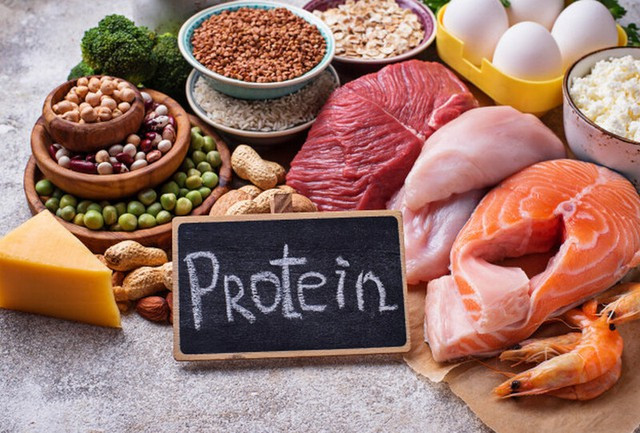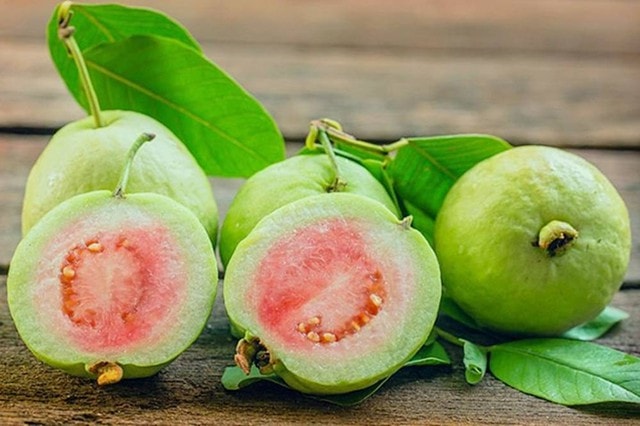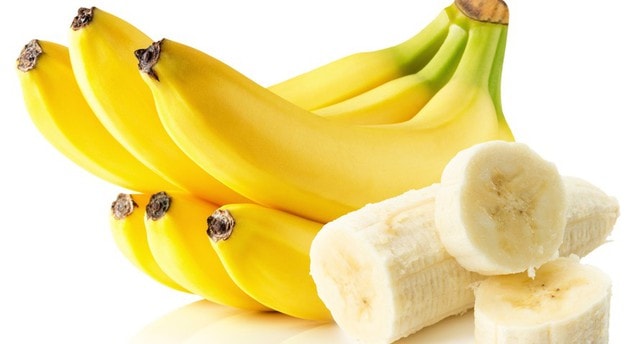What fruits should vegetarians choose to supplement protein due to lack of meat and fish?
Fruits are healthy foods that contain many nutrients that are beneficial to health such as vitamins, minerals, fiber and antioxidants. In addition, some fruits are also a good source of plant protein for vegetarians.
1. Causes of protein deficiency when eating vegan
Protein is an important nutrient that provides energy and transports oxygen throughout the body. Protein builds and repairs all of the body's tissues. It also produces antibodies that fight infection and disease, helps keep cells healthy, and helps create new cells. Therefore, everyone's daily diet needs to provide enough protein.
For vegetarians, especially vegans, this is a diet that includes only foods of plant origin such as: vegetables, fruits, nuts... and absolutely does not use foods of animal origin (meat, fish, eggs, milk...).
Foods of animal origin are sources of complete protein containing all the essential amino acids. Meanwhile, many plant protein sources are too little or lacking in one or more essential amino acids. Therefore, a vegan diet can leave the body deficient in some nutrients, especially protein.

According to MSc. Dr. Tran Thi Minh Nguyet, National Institute of Nutrition, a nutritious and adequate vegetarian diet brings some benefits to cardiovascular health, supports weight loss, and stabilizes blood sugar levels. However, if a vegetarian diet is not suitable, it can increase the risk of nutritional deficiencies.
Many studies show that vegetarians are at higher risk of protein, calcium, iron, iodine and vitamin B12 deficiencies. These deficiencies can lead to symptoms such as fatigue, weakness, anemia, reduced bone density and thyroid problems.
Therefore, when cutting meat or animal products from your diet, you need to be careful to get enough of these essential nutrients from other sources.
To ensure the body is still provided with enough nutrients to maintain activity and health, it is important to pay attention to providing enough food groups: containing protein, rich in calcium, supplemented with iron, supplemented with zinc no matter what vegetarian diet you apply.
2. What food sources should vegetarians choose to supplement protein?
Although plant protein is called incomplete protein, because it lacks one or more essential amino acids, these amino acids can be supplemented by combining plants together.
Plant-based proteins also provide a variety of nutrients, fiber, and antioxidants that are good for overall health.
Plant-based food sources that contain good protein for vegetarians include: some green vegetables, fruits, whole grains, beans, nuts, etc.
-Vegetable:Vegetables that are highest in protein include broccoli, spinach, potatoes, sweet potatoes, asparagus, artichokes…
-FruitVegetarians should choose fruits that contain the most protein such as guava, mulberry, blackberry, banana, orange, grapefruit...
-Whole grains: oats
-Beans: green beans, black beans, peas, soybeans... In particular, soybeans not only contain 6g of protein per cup (244ml) but are also an excellent source of calcium, vitamin D and vitamin B12.
-Nuts: Seeds are also a good source of protein, with chia seeds in particular ranking among the top plant-based proteins. Chia seeds are rich in protein, with 5g of protein and 10g of fiber per 28g. They also contain iron, calcium, selenium, magnesium, omega-3 fatty acids, antioxidants, and other beneficial plant compounds.
3. Some of the best protein-rich fruits for vegetarians
Guava
Guavas are one of the most protein-rich fruits, with an impressive 4.2 grams of protein per cup. This popular fruit is also high in vitamin C and fiber.

Avocado
Avocados are a great addition to any diet. One cup of avocado contains 3 grams of protein. They are also rich in healthy fats, fiber, and potassium, which are good for your heart and digestion.
Raspberries
Not all berries are high in protein, but blackberries contain 2g per cup. Raspberries are also delicious, eaten raw or added to yogurt for a protein-rich breakfast.
Cherry
Not only are these deep red fruits delicious, they also contain a good amount of protein. One cup of cherries has 1.6 grams of protein. Cherries are low in calories and rich in fiber, vitamins, and minerals that are good for your health, such as vitamin C, A, K, potassium, magnesium, and calcium.
Banana
A medium banana provides 1.3g of protein. Bananas are also high in potassium, making them versatile enough to eat on the go and can help fuel your workout.

Plum
Raisins are a great way to add protein. Raisins can be snacked on with nuts or sprinkled on oatmeal for breakfast, or mixed into salads for a tasty addition.
Citrus fruits
Citrus fruits are not only a superfood rich in vitamin C, but a medium grapefruit will provide 1.6g of protein and a medium orange will provide 1.2g of protein. However, it is better to eat the whole segments rather than juice them to get the full nutrients, especially fiber.


.jpg)

.jpg)

.jpeg)

